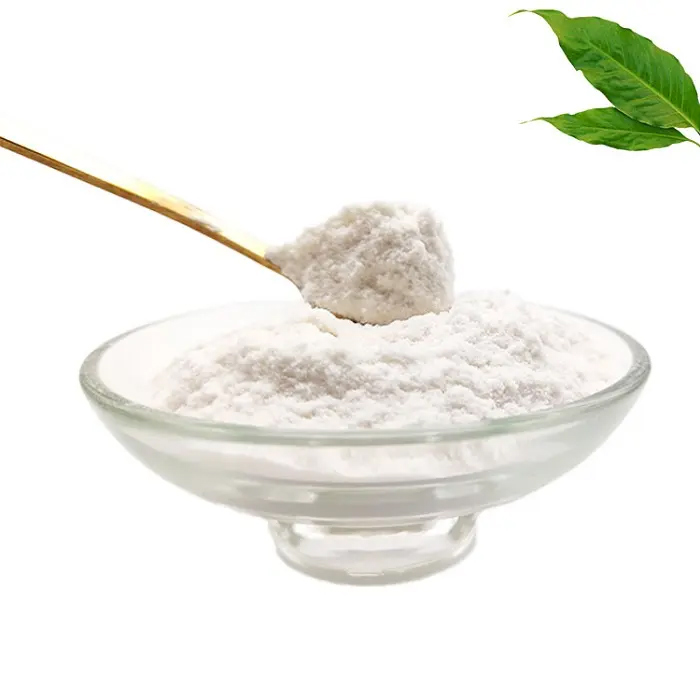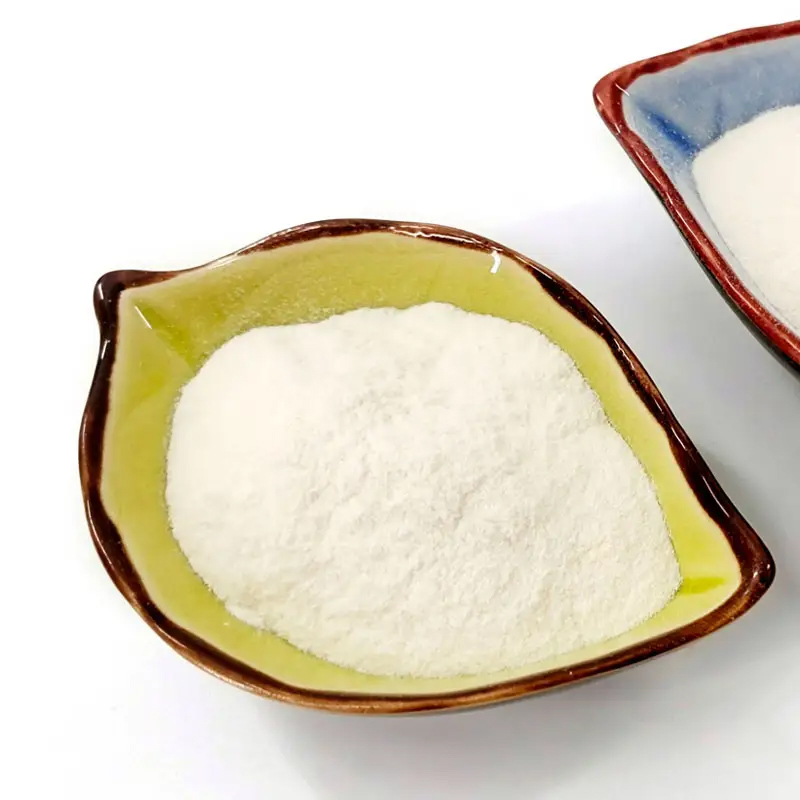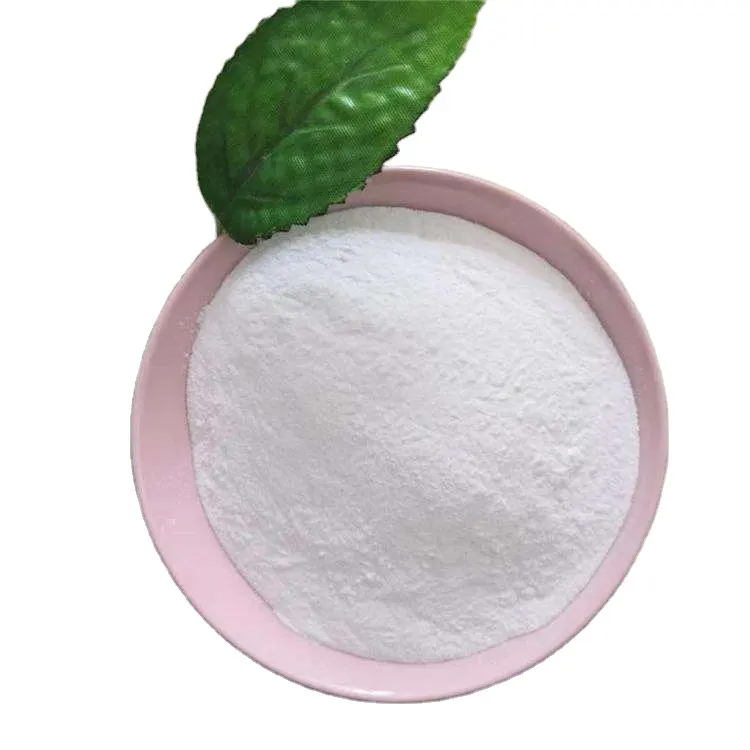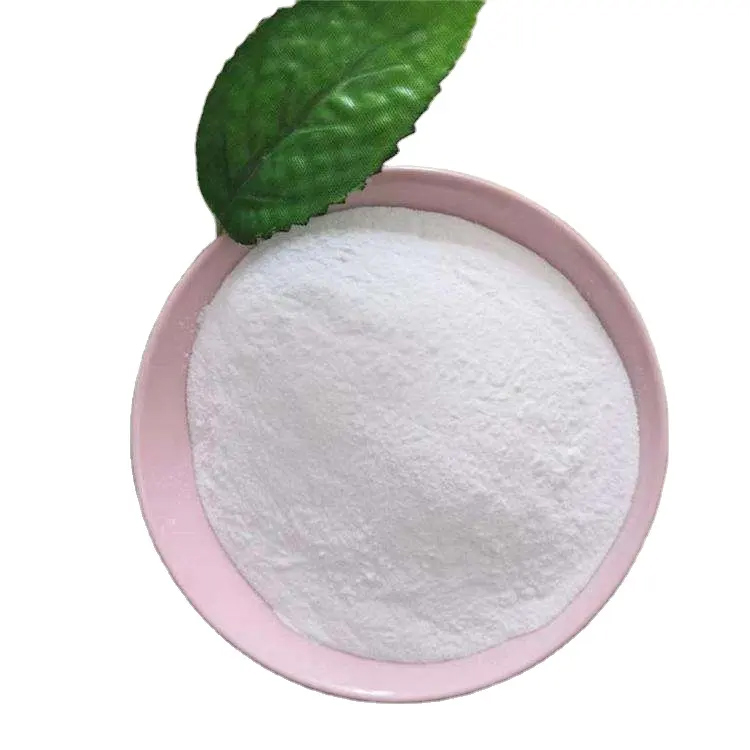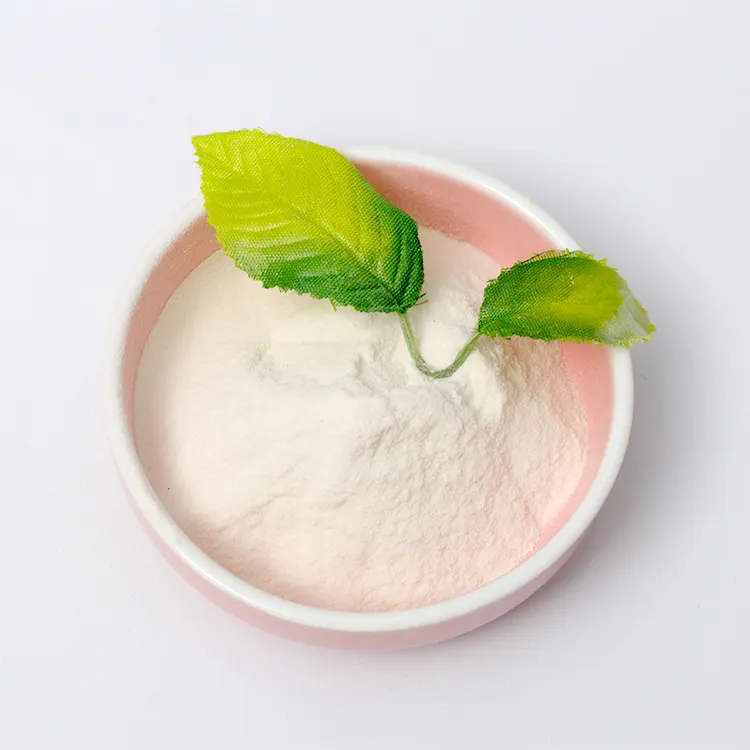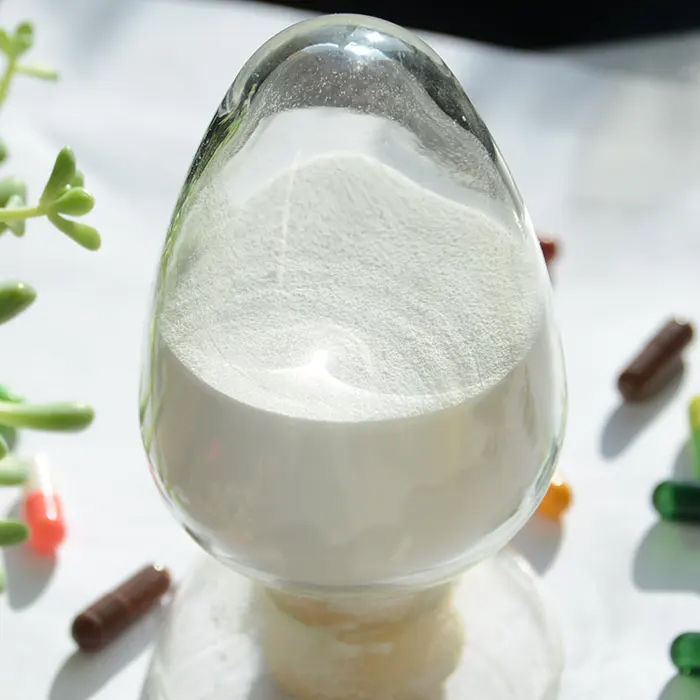(MC)Methyl Cellulose
They are odorless and tasteless and are a very stable substance that can withstand the action of acids, alkalis, microorganisms, heat, etc. They remain completely unchanged in the human body and are excreted from the body.
Their degree of substitution is generally 1.6~2.0, and the solubility is also different with different degree of substitution.
They have excellent wettability, dispersibility, adhesion, thickening, emulsification, water retention and film-forming properties, as well as impermeability to oil and fat.
Category: Chemical Additives
Appearance: White powder
Viscosity (mPa.s): 400
pH (2% in Water): 4.0~8.0
Methoxy (%): 26.0~33.0
Consultation:Whatsapp/Wechat:+86 1777 404 8235
Product Features
1. Methyl Cellulose (MC) is soluble in cold water, but difficult to dissolve in hot water. It can quickly disperse in hot water at the initial stage and dissolve quickly when cooled. Their solutions are very stable in the range of pH=3~12. It has good compatibility with starch, guar gum, etc. and many surfactants. When the temperature reaches the gelation temperature, gelation occurs.
Changes in temperature can seriously affect the water retention of methyl cellulose. Generally, the higher the temperature, the worse the water retention. If the mortar temperature exceeds 40°C, the water retention of methyl cellulose will be significantly reduced, seriously affecting the construction of the mortar.
2. The water retention of Methyl Cellulose (MC) depends on its addition amount, viscosity, particle fineness and dissolution rate. Generally, if the addition amount is large, the fineness is small, and the viscosity is large, the water retention rate is high. Among them, the amount of addition has the greatest impact on the water retention rate, and the level of viscosity is not directly proportional to the level of water retention rate.
The dissolution rate mainly depends on the degree of surface modification of cellulose particles and particle fineness.
Among the four cellulose ethers, Methyl Cellulose (MC) and hydroxypropyl methyl cellulose (HPMC) have higher water retention rates.
3. Methyl Cellulose (MC) has a significant effect on the construction and cohesion of mortar. The "adhesiveness" here refers to the bonding force felt between the worker's applicator tool and the wall substrate, that is, the shear resistance of the mortar. The adhesiveness is high, the shear resistance of the mortar is large, and the strength required by the workers in the process of use is also large, and the construction performance of the mortar is poor. The cohesive force of Methyl Cellulose (MC) is at a medium level in cellulose ether products.
